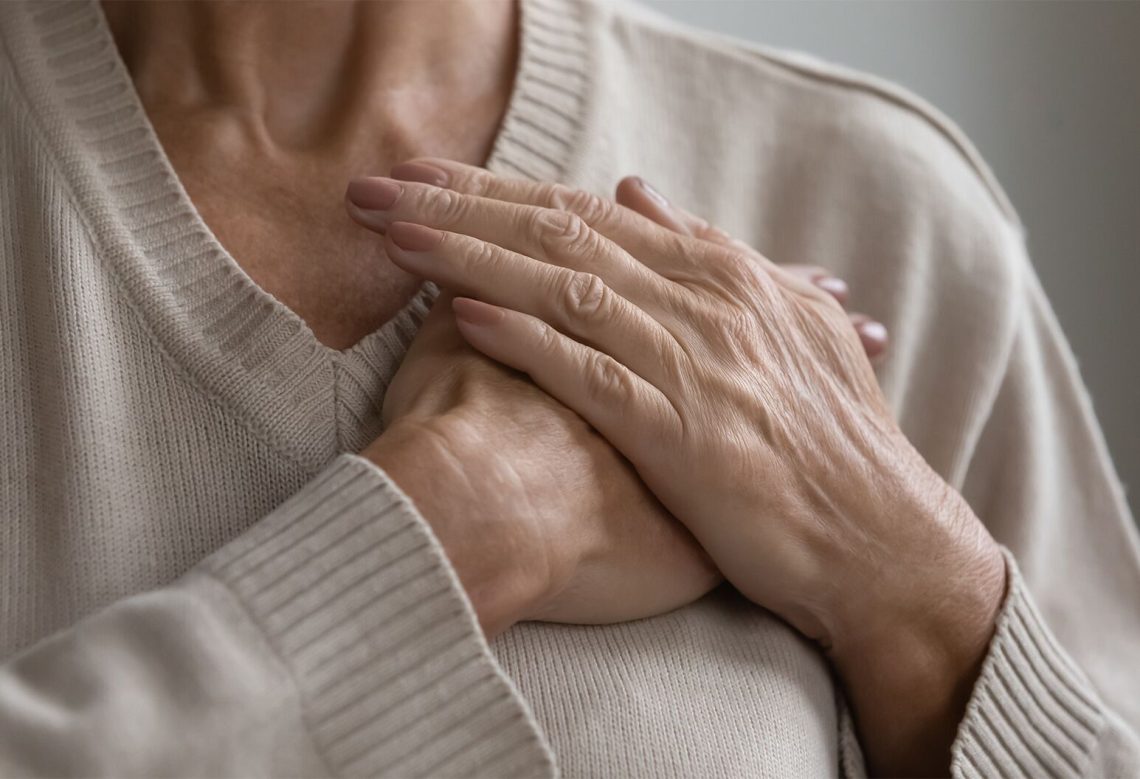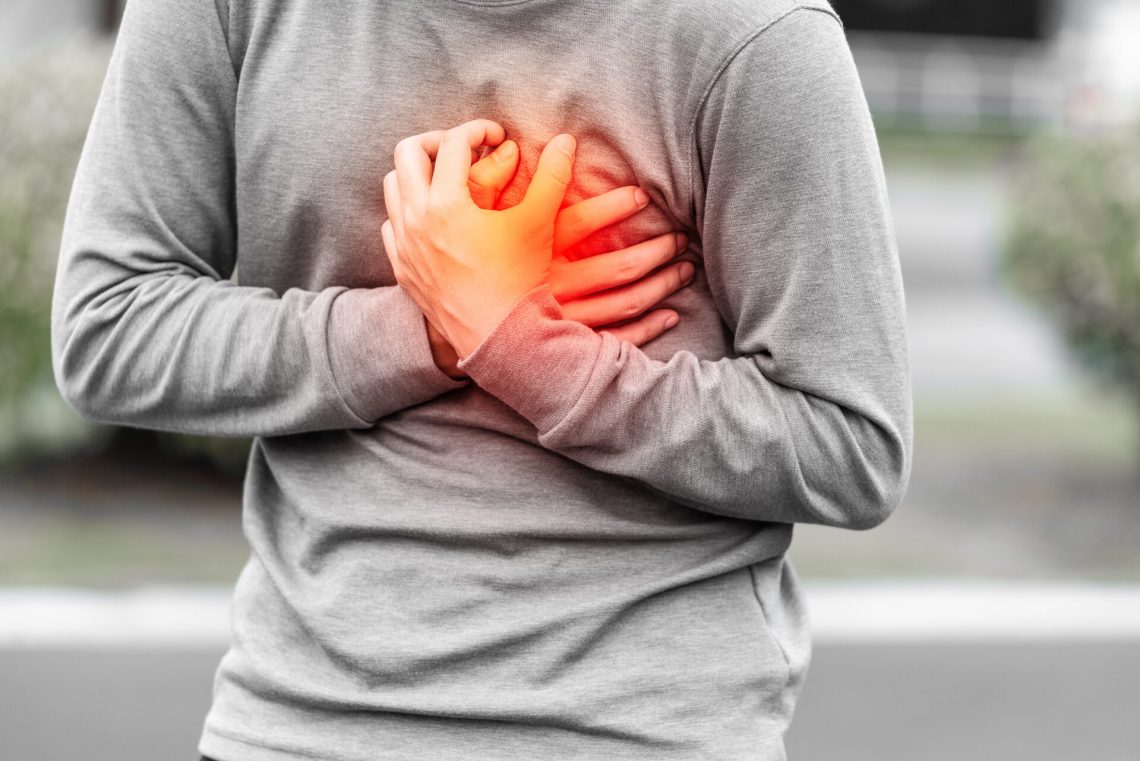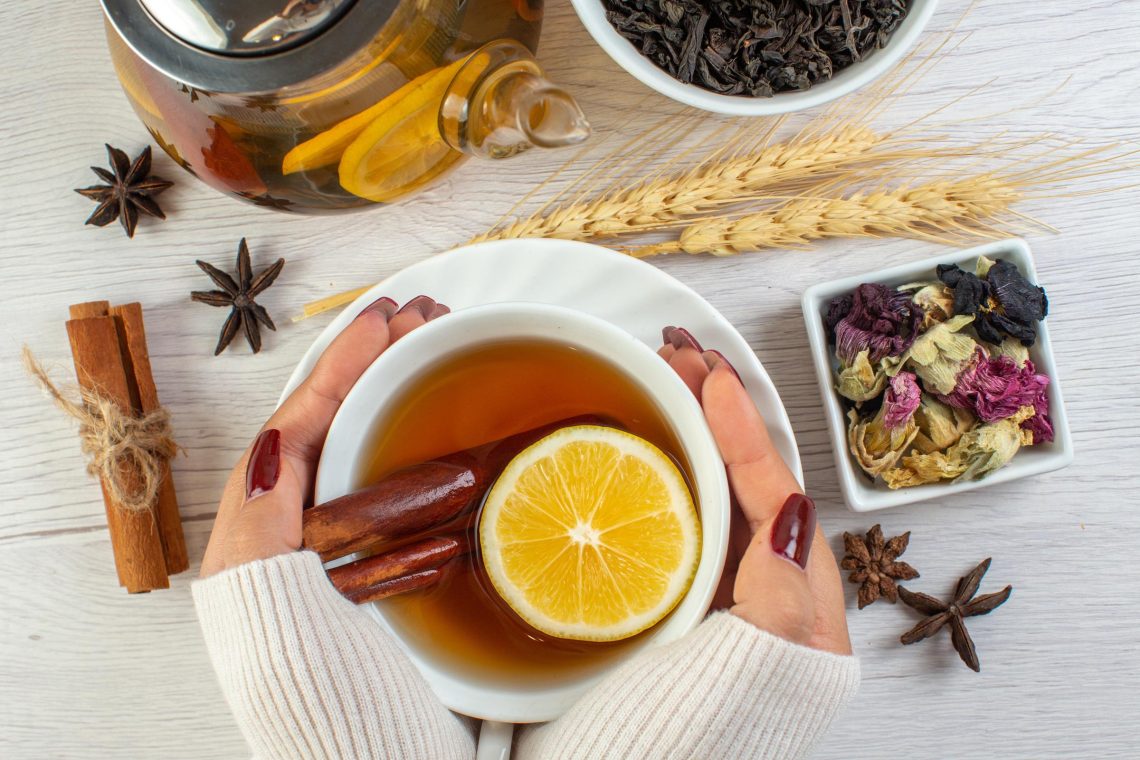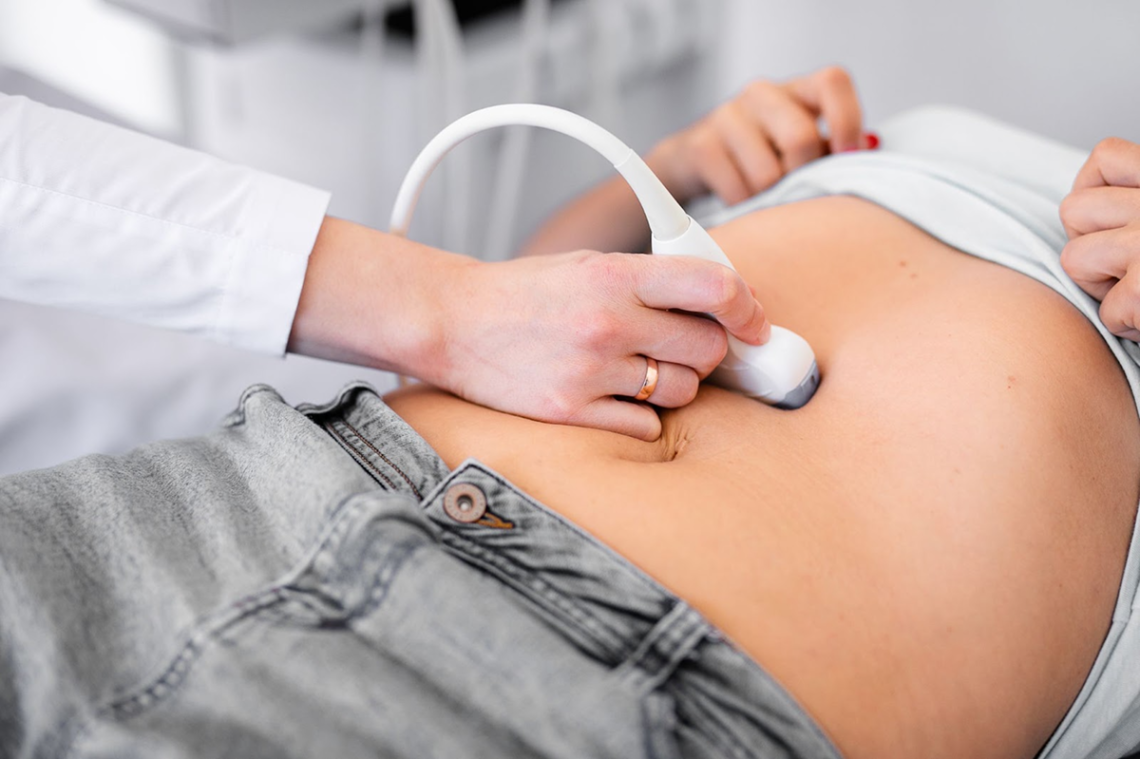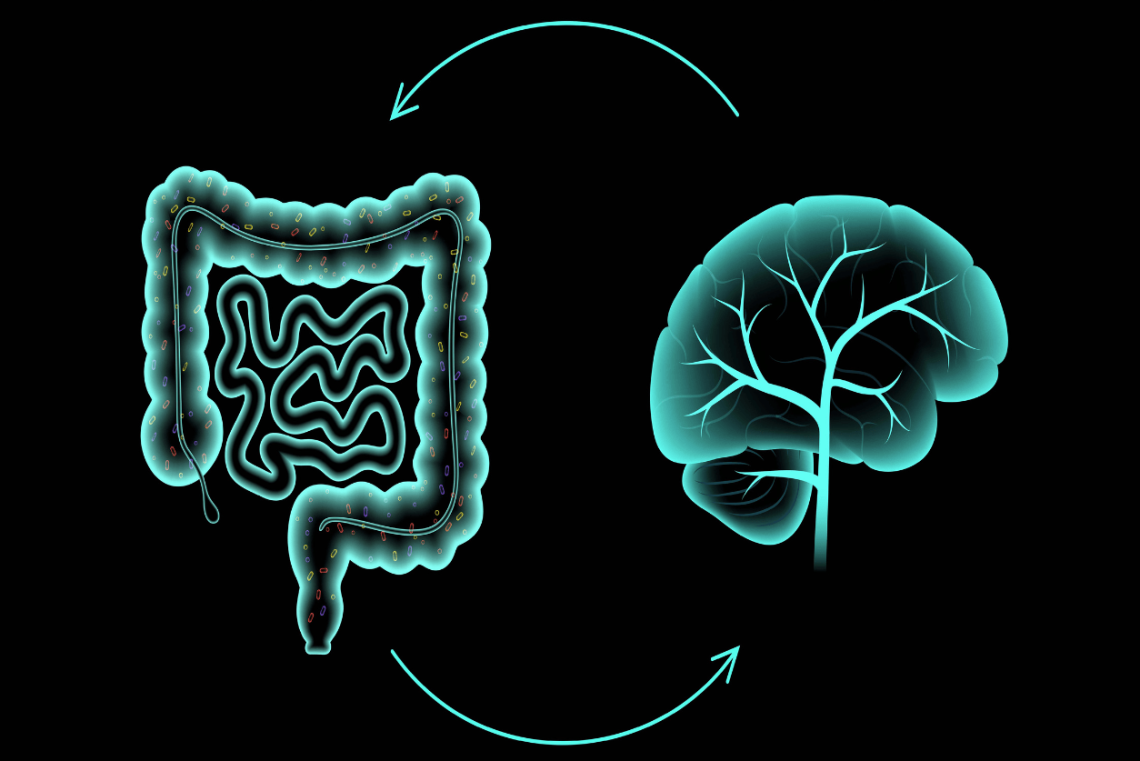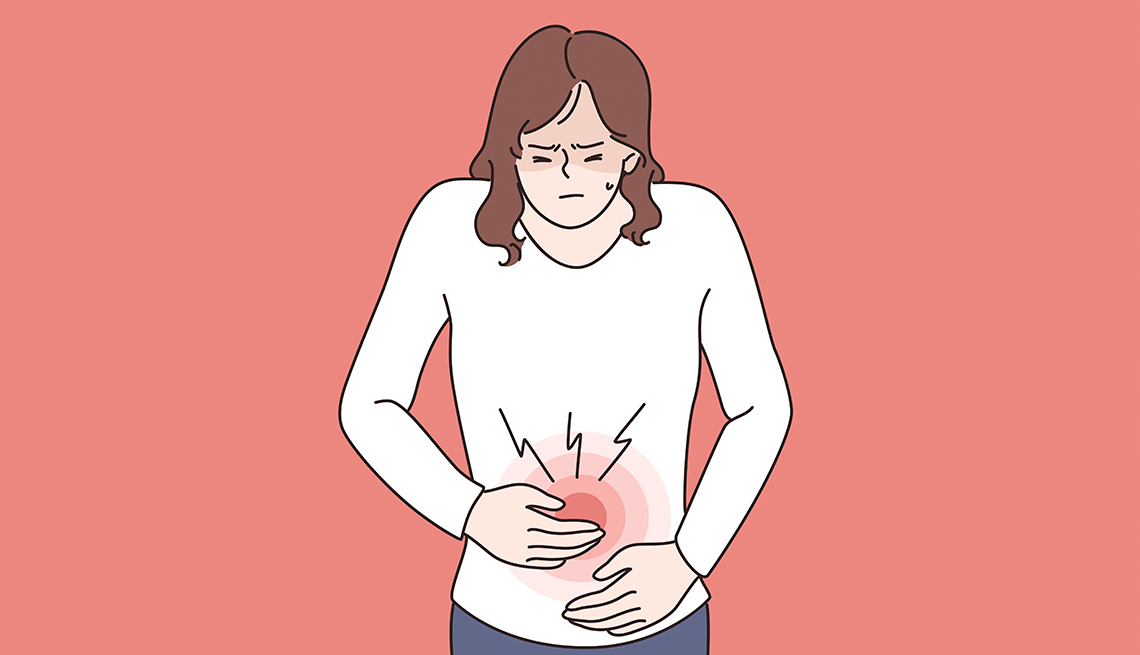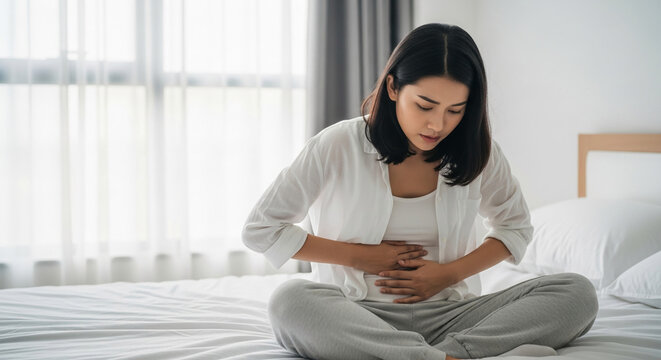Introduction Chest pain is often immediately associated with heart problems, but in many cases, it has non-cardiac causes. These conditions may mimic the symptoms of a heart attack, leading to anxiety and emergency visits, yet they are not directly related to the heart. Understanding the most common non-cardiac causes of chest pain—such as gastroesophageal reflux disease (GERD), costochondritis, and anxiety—can help individuals recognize patterns, seek appropriate treatment, and reduce unnecessary worry. 1. Gastroesophageal Reflux Disease (GERD) GERD occurs when stomach acid flows back into the esophagus, irritating its lining. Symptoms Why It Mimics Heart Pain The esophagus is located close…
-
-
Introduction Chest pain can be one of the most alarming symptoms a person experiences. While many cases are caused by non-cardiac issues such as indigestion, muscle strain, or anxiety, chest pain can also be a warning sign of a heart attack or other serious cardiac condition. Understanding how to distinguish between cardiac and non-cardiac chest pain can help you decide when to seek emergency care and when it may be something less serious. Why Chest Pain Should Never Be Ignored Heart disease remains the leading cause of death worldwide, and chest pain is its hallmark warning sign. Because early treatment…
-
Introduction Almost everyone experiences abdominal discomfort from time to time. Common causes include indigestion, gas, mild constipation, overeating, or even stress. While severe or persistent abdominal pain should always be evaluated by a healthcare professional, mild abdominal discomfort often responds well to simple home remedies. These natural approaches can help soothe the digestive system, reduce bloating, and restore comfort without heavy medication. Common Causes of Mild Abdominal Discomfort Home Remedies for Relief 1. Warm Compress or Heating Pad Applying heat to the abdomen relaxes muscles, improves blood flow, and eases cramping or gas-related discomfort. 2. Herbal Teas 3. Stay Hydrated…
-
Introduction Menstrual cramps and pelvic pain are extremely common experiences for people who menstruate. For some, the discomfort is mild and manageable, but for others, it can be severe enough to interfere with daily activities, work, and overall quality of life. While most cramps are a normal part of the menstrual cycle, persistent or intense pelvic pain may signal an underlying medical condition. Learning effective management strategies—and knowing when to seek medical help—can make a big difference. Why Menstrual Cramps Occur Menstrual cramps (dysmenorrhea) are caused by the release of prostaglandins, chemicals that make the uterus contract to shed its…
-
Introduction Abdominal pain is one of the most common complaints in healthcare, ranging from mild discomfort to severe, urgent conditions. Because the abdomen contains many vital organs—the stomach, intestines, liver, gallbladder, pancreas, kidneys, and reproductive organs—pinpointing the exact cause is not always simple. When the cause of pain isn’t obvious through history and physical examination alone, doctors may order diagnostic tests. These include laboratory studies, imaging scans, and endoscopic procedures (scopes). This article explains the common tests used to diagnose abdominal pain and what to expect from them. Initial Evaluation: History and Physical Exam Before ordering tests, your doctor will…
-
Introduction Many people notice that abdominal pain and digestive discomfort often worsen during stressful times. This is not just a coincidence—the gut and the brain are deeply interconnected through what scientists call the gut-brain axis. Stress can directly influence how the digestive system functions, while gut issues can also affect mood and mental health. Understanding this two-way relationship helps explain why conditions like irritable bowel syndrome (IBS) are often linked with stress and anxiety, and why managing emotional health can play a vital role in reducing abdominal pain. What Is the Gut-Brain Axis? The gut-brain axis is the communication network…
-
Introduction Gas and bloating are common digestive complaints that can cause discomfort, embarrassment, and even pain. While occasional gas is normal, excessive bloating or persistent discomfort often relates to diet, lifestyle habits, or underlying digestive sensitivities. Fortunately, simple adjustments in eating patterns and daily routines can bring significant relief. This article explores effective dietary and lifestyle tips to help manage gas and bloating naturally. Understanding Gas and Bloating Dietary Tips for Gas and Bloating Relief 1. Eat Smaller, More Frequent Meals 2. Limit Gas-Producing Foods 3. Try a Low-FODMAP Diet 4. Reduce Carbonated Drinks 5. Eat Slowly and Chew Thoroughly…
-
Introduction Abdominal pain is one of the most frequent complaints in children and a leading reason for pediatric doctor visits. While it is often caused by minor and temporary issues like indigestion or constipation, sometimes abdominal pain can signal something more serious that requires urgent medical care. Parents and caregivers often struggle to determine when to wait, when to treat symptoms at home, and when to seek professional help. Understanding the common causes of abdominal pain in children, as well as the warning signs of serious illness, can help ensure timely and appropriate care. Common Causes of Abdominal Pain in…
-
Introduction Abdominal pain is one of the most common reasons people seek medical care. In most cases, it is caused by minor issues such as indigestion, gas, or mild infections. However, sometimes abdominal pain signals a serious underlying condition that requires immediate medical attention. Recognizing red flag symptoms can be lifesaving, as they often point to urgent problems like appendicitis, bowel obstruction, perforated ulcers, internal bleeding, or even cancer. This article will help you understand when abdominal pain is an emergency, what warning signs to watch for, and when to seek medical help without delay. Why Abdominal Pain Can Be…
-
Introduction Chronic abdominal pain is a persistent and often distressing symptom that affects millions of people worldwide. Unlike acute abdominal pain, which typically comes on suddenly and resolves with treatment, chronic abdominal pain lasts for weeks, months, or even years. It can interfere with daily activities, negatively impacting one’s quality of life. Chronic abdominal pain can be caused by a range of gastrointestinal conditions, including Irritable Bowel Syndrome (IBS), Inflammatory Bowel Disease (IBD), Gastroesophageal Reflux Disease (GERD), and functional disorders. These conditions often present with overlapping symptoms, making accurate diagnosis and treatment essential for effective management. In this article, we…

